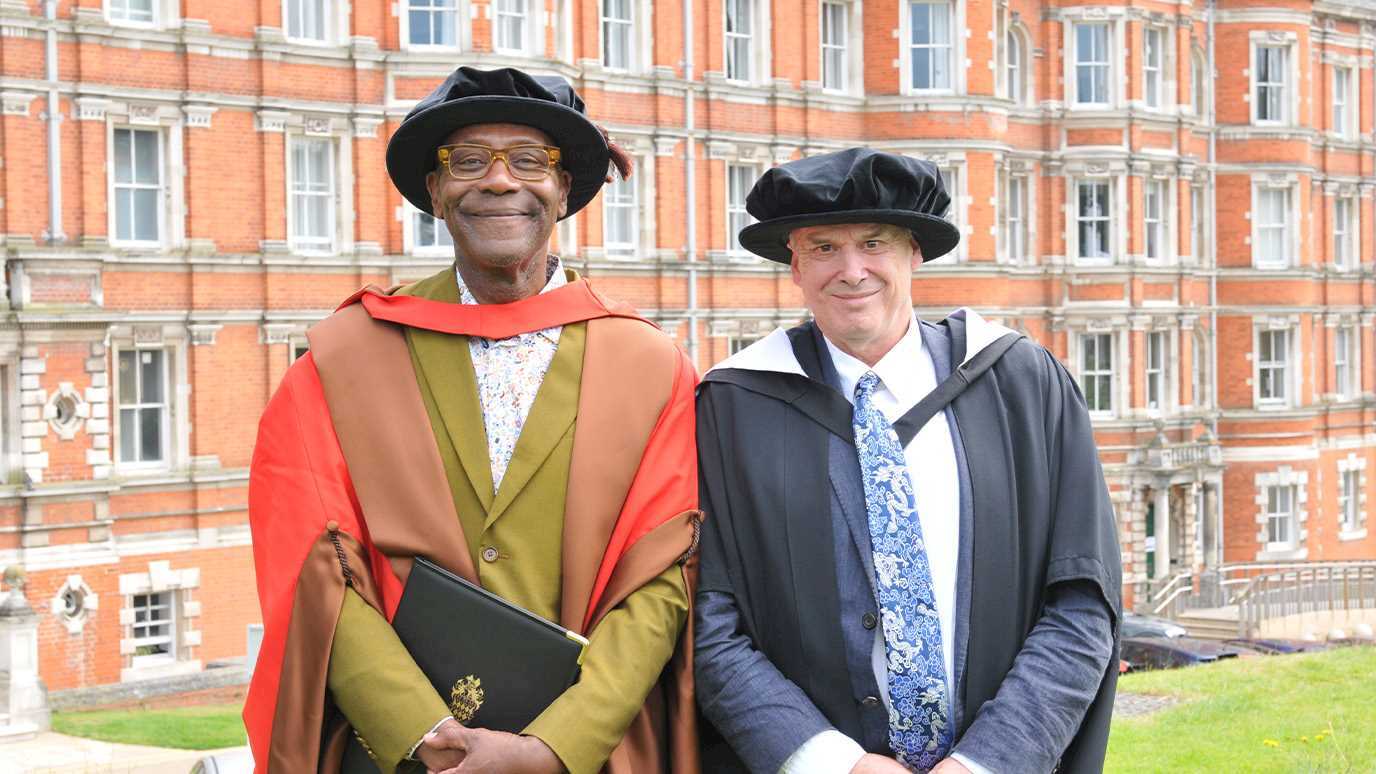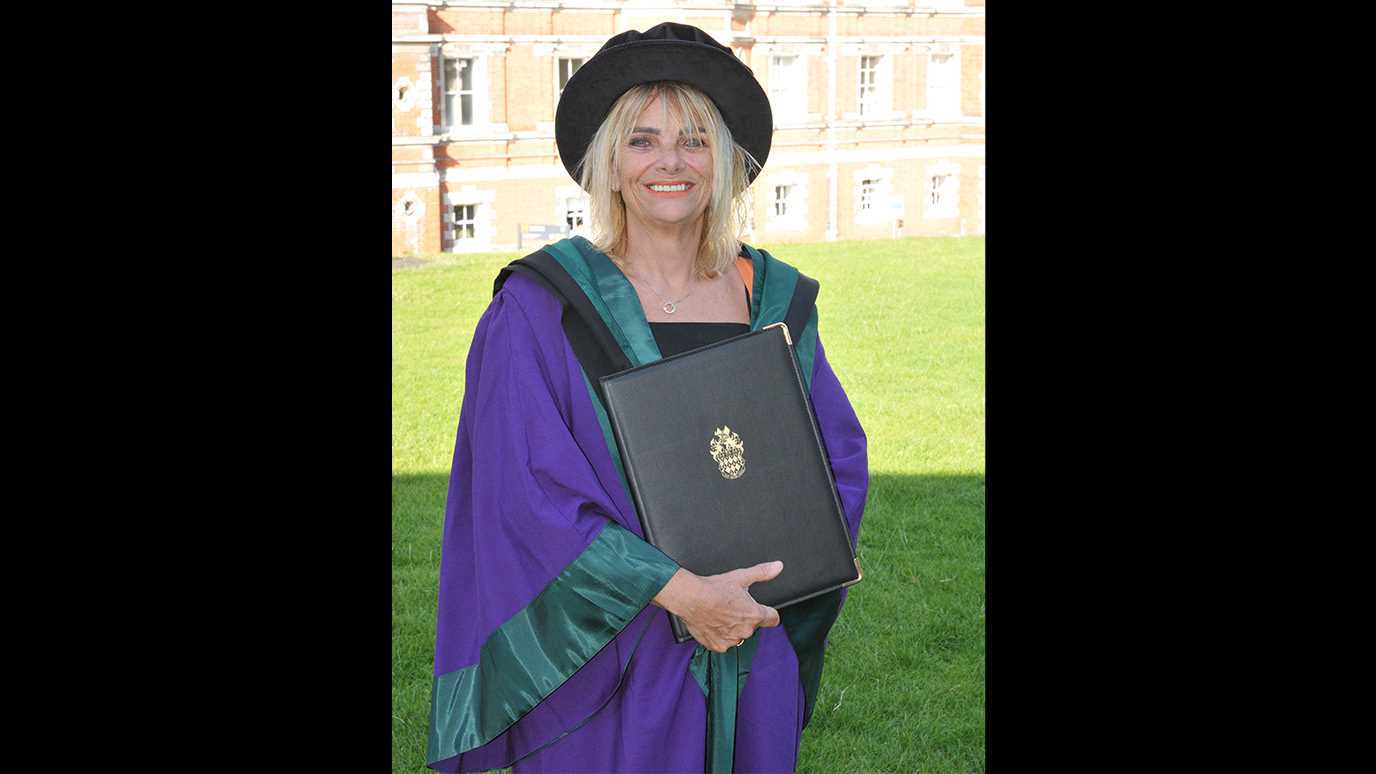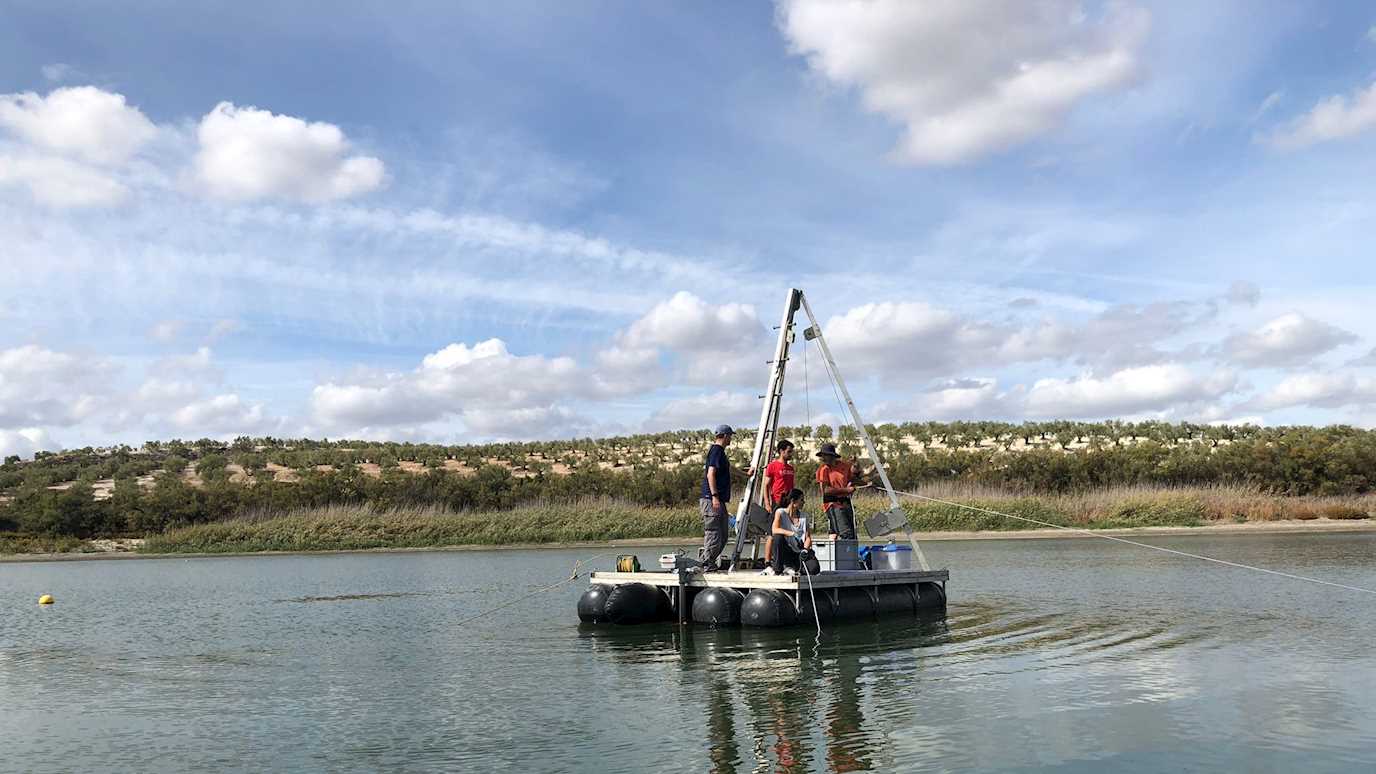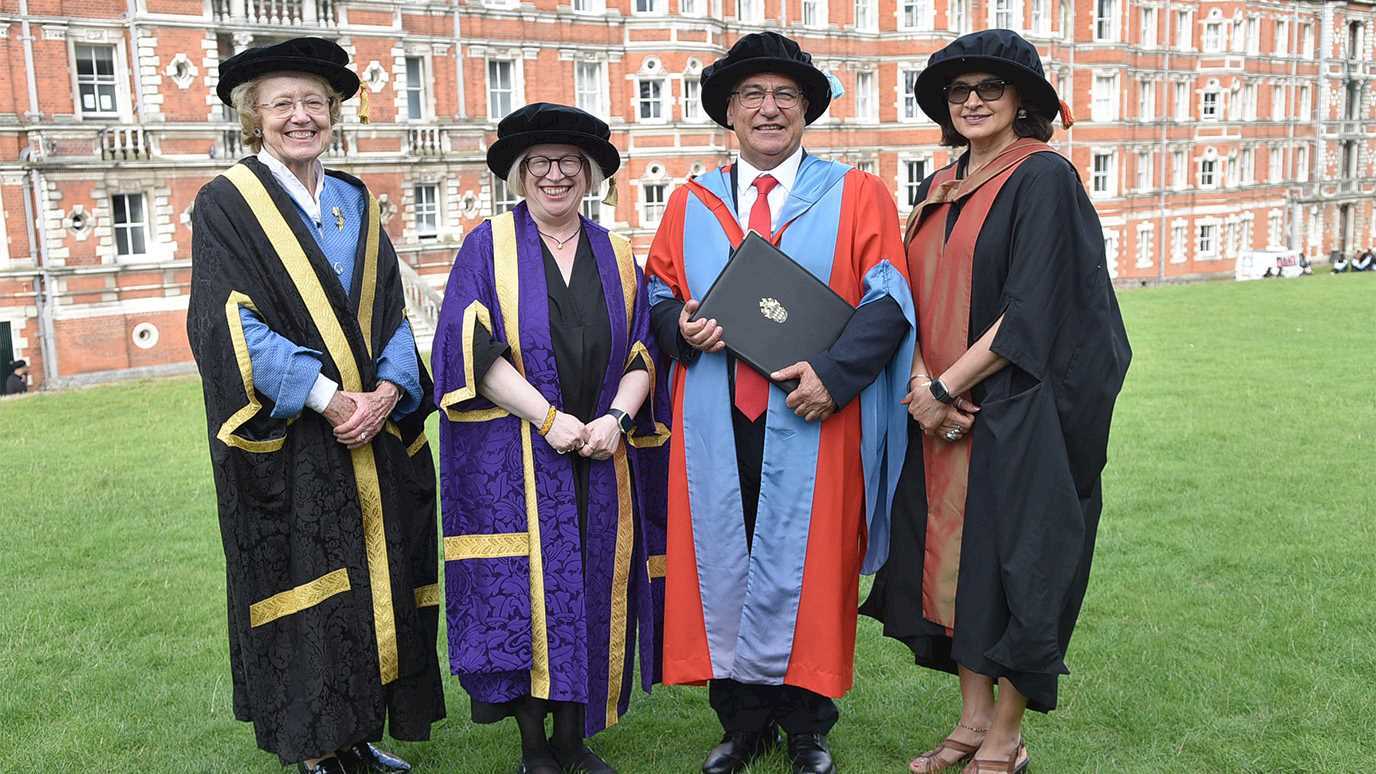Over 300 members of the public have the chance to contribute to a major new study at Wakehurst, Kew’s wild botanic garden in Sussex.
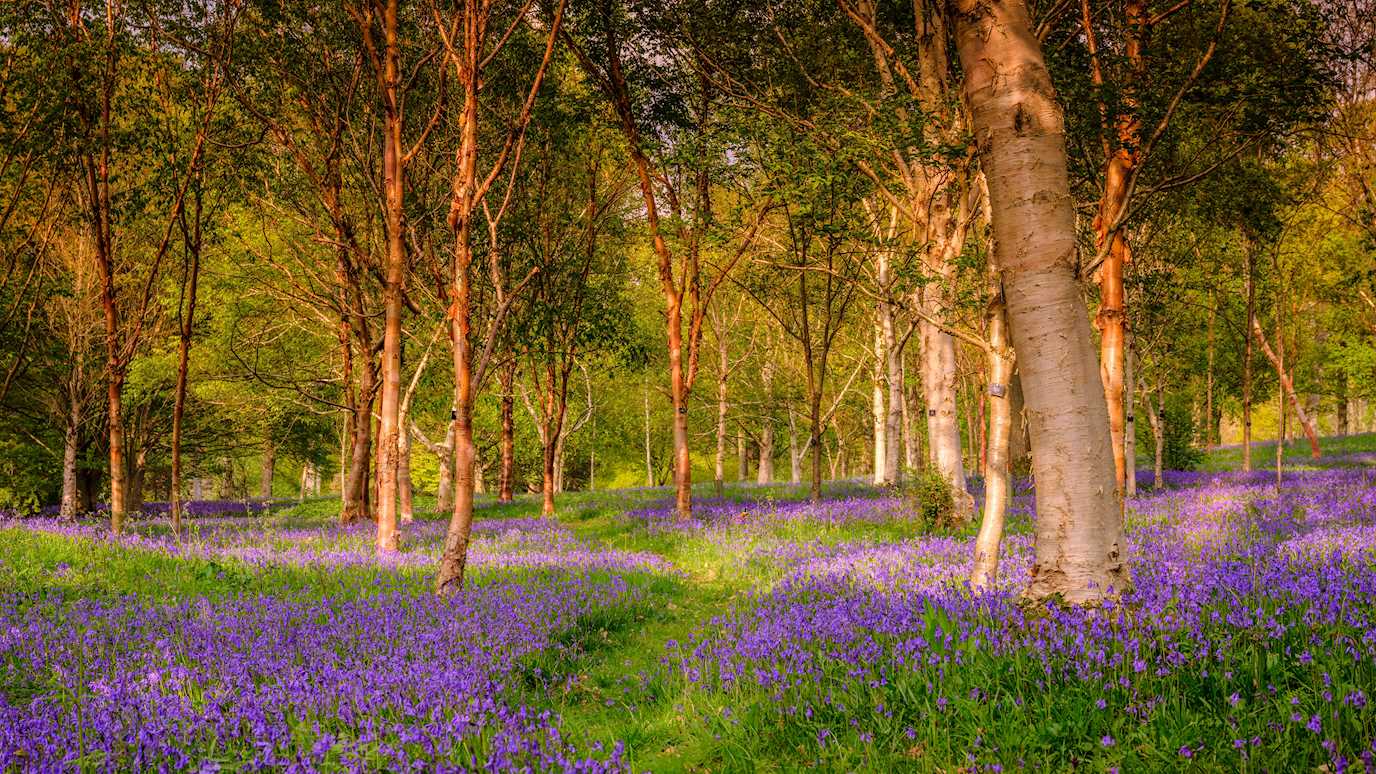
Wakehurst, Jim Holden © RBG Kew
Launching on 22 May to mark International Day for Biological Diversity, the research led by Professor Dawn Watling from Royal Holloway, University of London and Lorraine Lecourtols, Wakehurst’s Head of Public Programmes, aims to empirically measure the benefits of nature for people, demonstrating how different habitats and landscape impact human wellbeing.
Royal Holloway and Royal Botanic Gardens Kew researchers hope that the data, gathered across six months, will both influence key decision makers on future planting schemes and help support gardeners at home to maximise the benefits of their personal green spaces.
The research could also impact social prescribing, providing GPs with new evidence to support recommendations for spending time in outdoor spaces for wellbeing benefits.
The research forms part of Nature Unlocked, the Landscape Ecology Programme launched by RBG Kew in 2021. Over the past year, Nature Unlocked has seen Wakehurst become a ‘living laboratory’ for Kew scientists, researching the value of UK biodiversity to inform nature-based solutions to critical challenges such as climate change and food security. The research streams underpinning Nature Unlocked range from Carbon to Pollinators, with this study sitting within the Nature Connectedness branch. The Landscape Ecology Programme is supported by HM Treasury, Sky Zero, Ground Control, Mount Anvil & Peabody and Players of People’s Postcode Lottery.
Wakehurst’s unique landscape, a nationally important Site of Special Scientific Interest (SSSI), offers a range of species-rich habitats across its 535-acre grounds ranging from native and exotic woodlands, wetlands, and grasslands, to designed landscapes and ornamental gardens. It forms the ideal site for the wellbeing research, exposing participants to a broad range of environments within an accessible distance.
On arrival, participants will complete brief questionnaires to establish their mood, before receiving a Heart Rate Variability (HRV) monitor to wear around their wrist. A mobile phone, also supplied, will be used to track their movements within the gardens, whilst the Heart Rate Variability monitor will measure heart rate. Following their 45-minute walk, visitors will complete a further questionnaire alongside various additional questions designed to measure feelings experienced when spending time in nature and how they feel once their walk has been completed. With this data, Royal Holloway researchers can assess the impact of individual landscapes, and how its impact may differ by age.
Responses of over 1000 younger visitors will be gathered in an accompanying study, developed in partnership with 36 local schools to Wakehurst. The study will run from May – November 2022.
Professor Dawn Watling from the Department of Psychology at Royal Holloway, said: “I am really excited to begin this collaboration with Wakehurst. With the biodiverse property at Wakehurst, we have a fantastic opportunity, using a multifaceted approach (from children to older adults, self-reported feelings and objective heart rate variability measurements), to gain an understanding of how different biodiverse landscapes may have unexpected impacts on our wellbeing.”
Ed Ikin, Director of Wakehurst said: “Biodiverse landscapes have benefits for all of us: cleaner air and water, sustainable food and carbon storage. They can also make us happy, satisfying our need for visual stimulation, colour and shelter. Our research aims to demonstrate why biodiversity matters, providing evidence and inspiration to make better decisions and encouraging more people to care for nature. Our Landscape Ecology Programme is founded on partnerships, and we’re excited to see Royal Holloway’s expertise unlocking why Wakehurst’s biodiverse landscape benefits so many people.”









